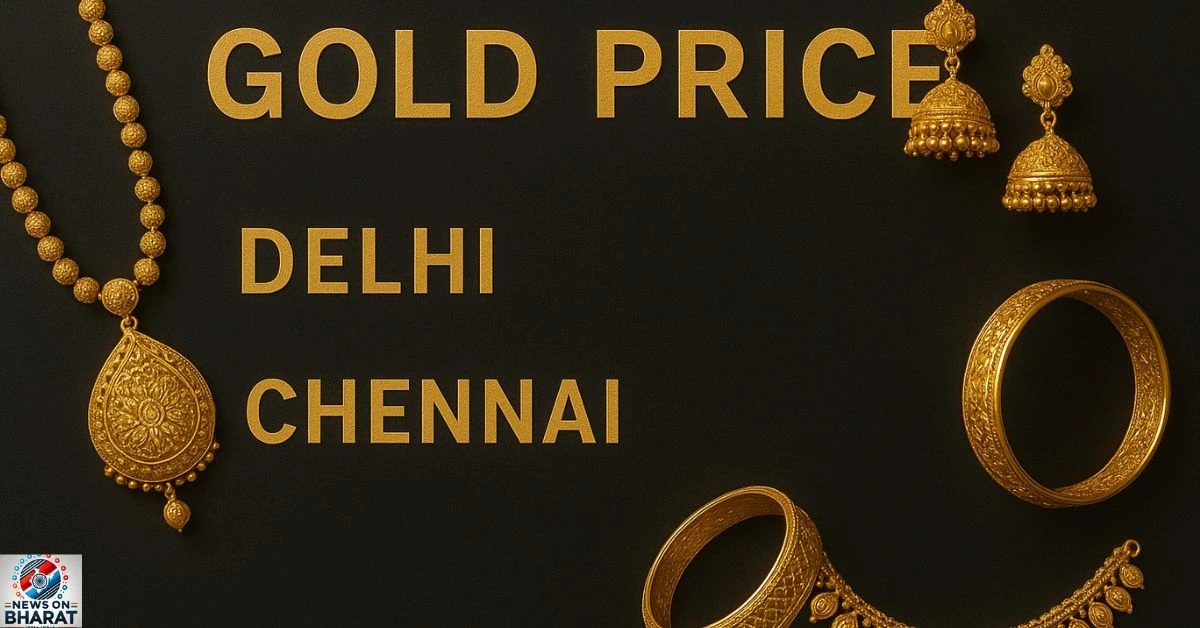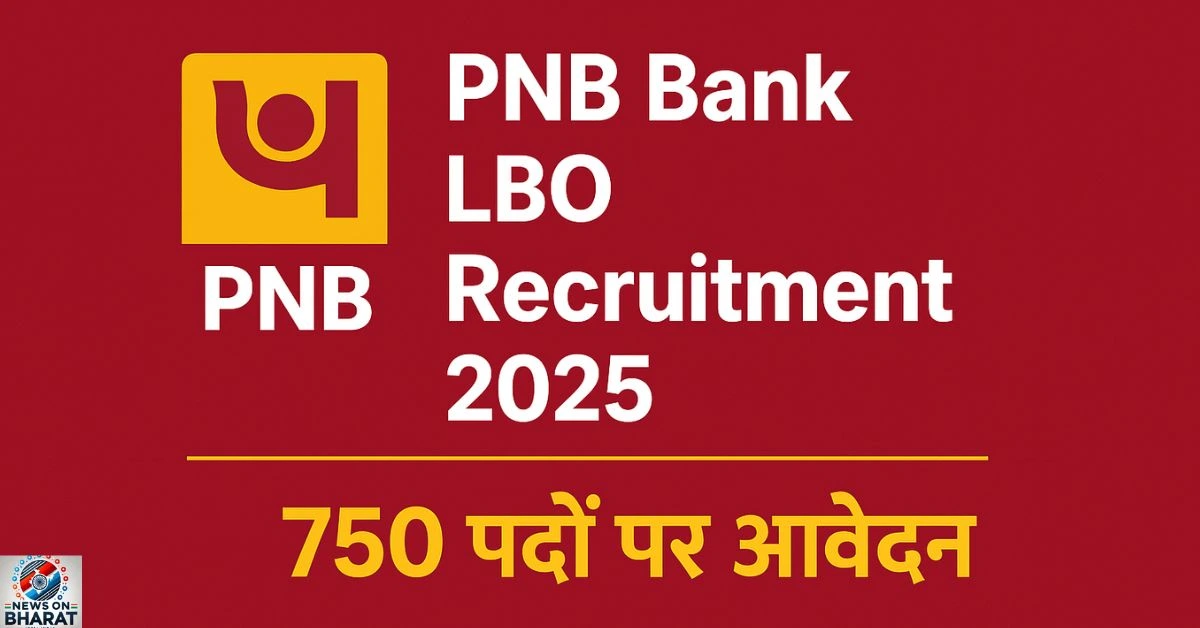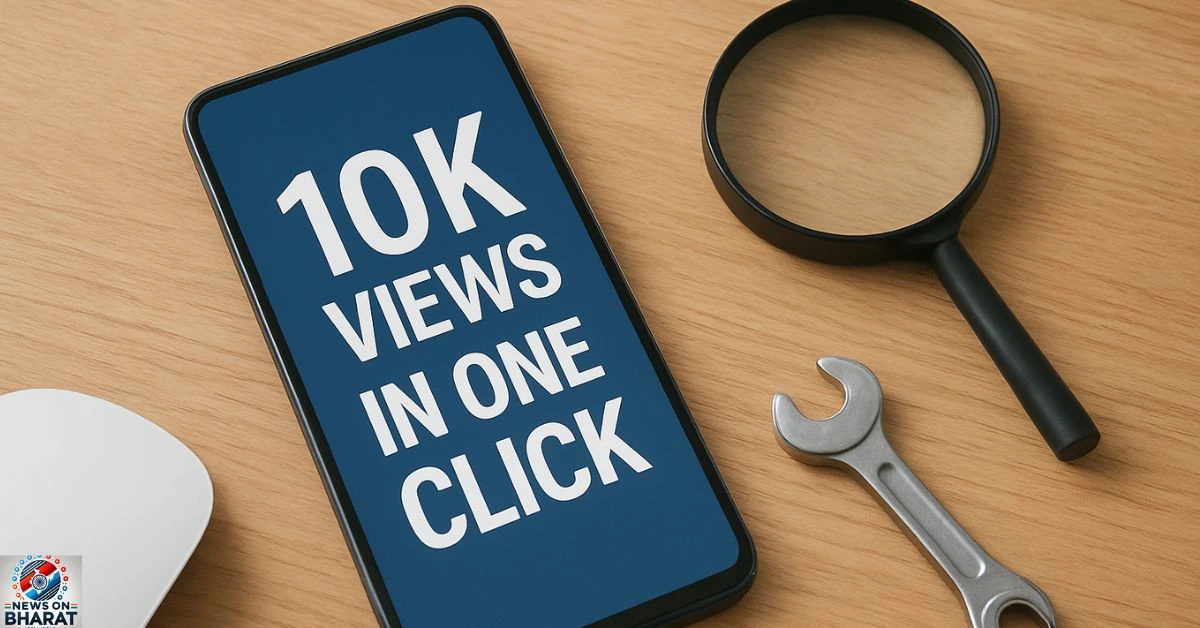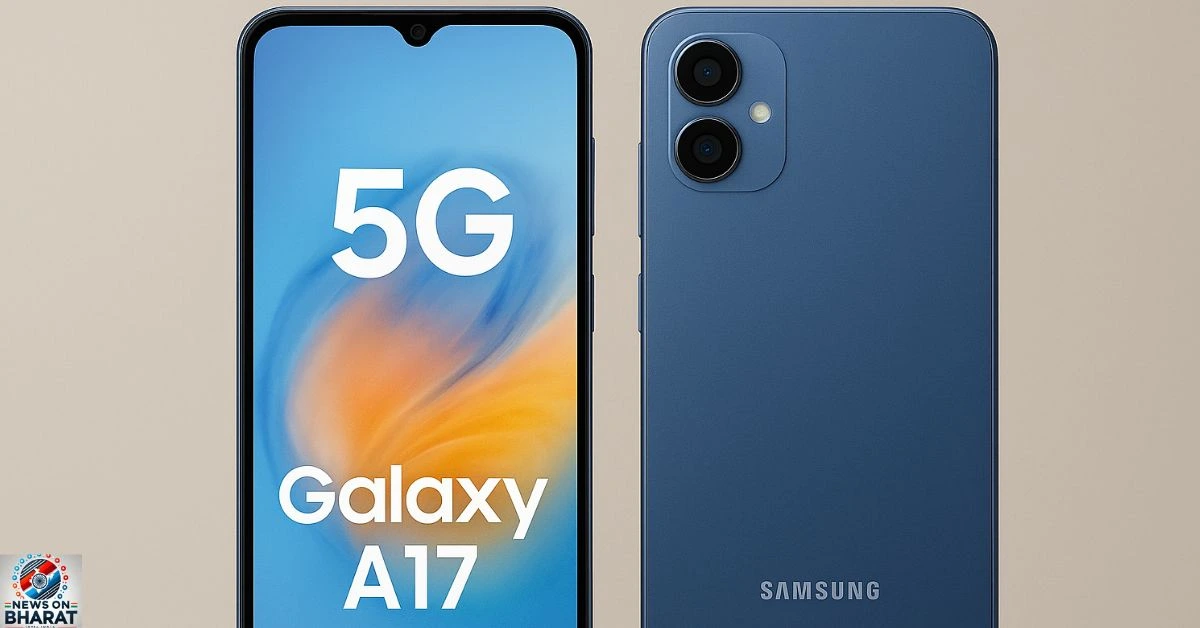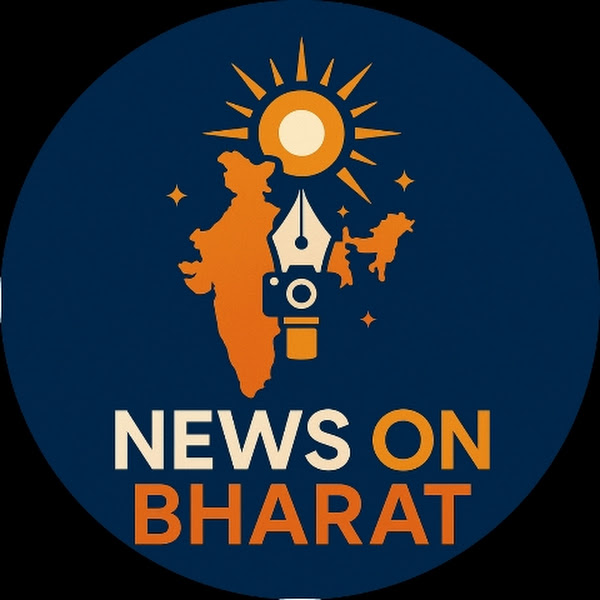January 20, 2025
The Supreme Court’s Intervention in Rahul Gandhi’s Defamation Case
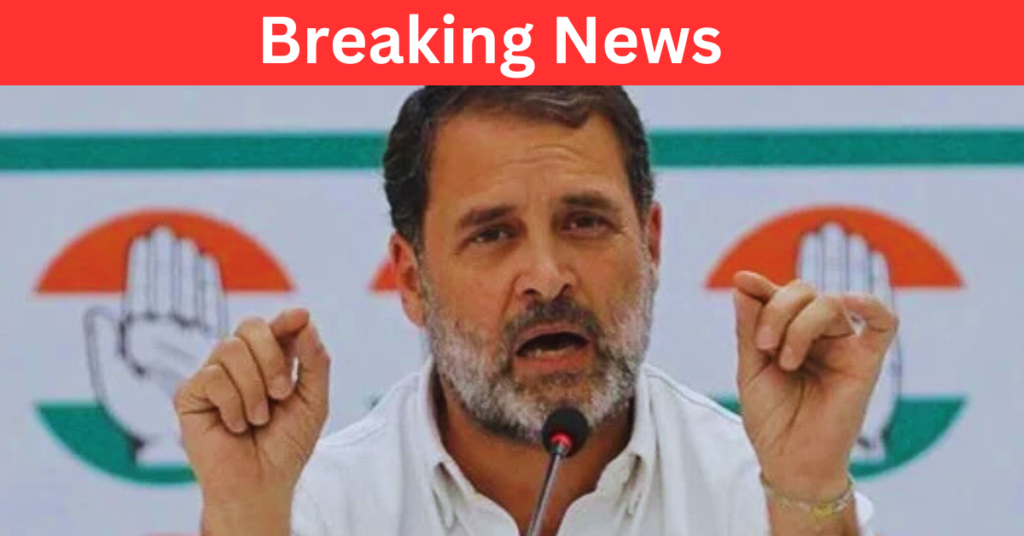
On Monday, the Supreme Court stayed the ongoing defamation proceedings against Rahul Gandhi, the Leader of Opposition in the Lok Sabha, in a Jharkhand court. The case stems from his alleged comment calling Union Home Minister Amit Shah a “murderer” during a public speech in 2018. The Court issued a notice to the Jharkhand government and the complainant, Navin Jha, seeking their responses to Gandhi’s petition. The petition challenges a February 2024 order by the Jharkhand High Court, which had refused to quash the summons issued by the trial court.
Also read – Donald Trump’s Ambitious Day-One Agenda as the 47th President of the United States
Arguments Presented by Rahul Gandhi’s Legal Team
During the hearing, Senior Counsel Abhishek Manu Singhvi, representing Gandhi, argued that the defamation case was improperly filed by a third party. Singhvi pointed out that the law does not permit a non-aggrieved individual to file a defamation complaint on behalf of someone else. He emphasized, “If you are not the person aggrieved, how can you have a proxy filing of complaint?”
The Background of the Defamation Case
The defamation case traces back to a 2019 public speech in Chaibasa, where Gandhi allegedly called Amit Shah a “murderer.” This remark led to a defamation complaint filed by Naveen Jha, a BJP member. In 2019, a Judicial Commissioner in Ranchi overturned a magistrate court’s dismissal of Jha’s complaint and directed a fresh review of the case.
In November 2018, the magistrate court had found sufficient grounds to proceed with charges under Section 500 of the Indian Penal Code (IPC), which addresses defamation. Subsequently, fresh summons were issued for Gandhi to appear in court.
Gandhi’s Legal Challenge and the High Court’s Ruling
Gandhi appealed to the Jharkhand High Court to quash the summons. However, a single bench of the High Court dismissed his petition, ruling that his comments were “prima facie defamatory.” Justice Ambuj Nath observed that Gandhi’s remarks implied that BJP leaders were “liars” and “drunk with power,” willing to accept a leader accused of murder as their party president. The High Court upheld the defamation charge, reinforcing that the statement was defamatory in nature.
The Supreme Court’s stay now pauses the proceedings, and further responses from the Jharkhand government and complainant are awaited.

